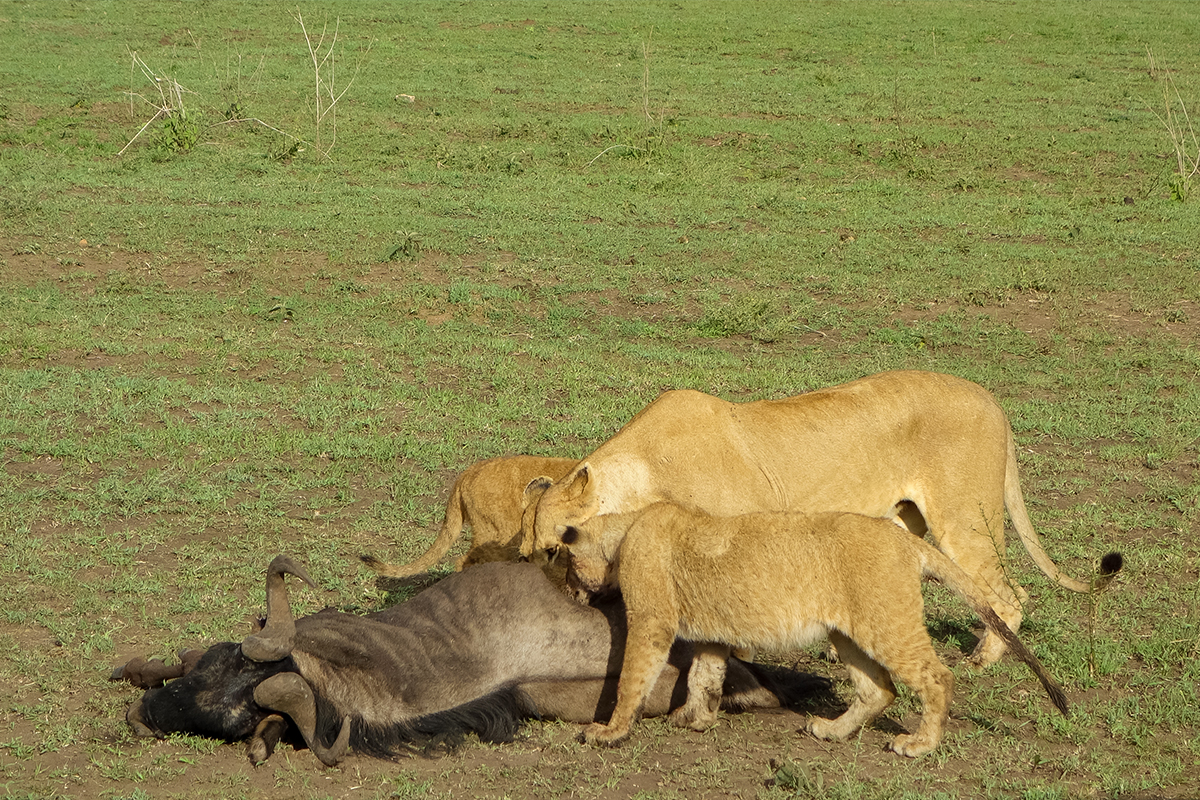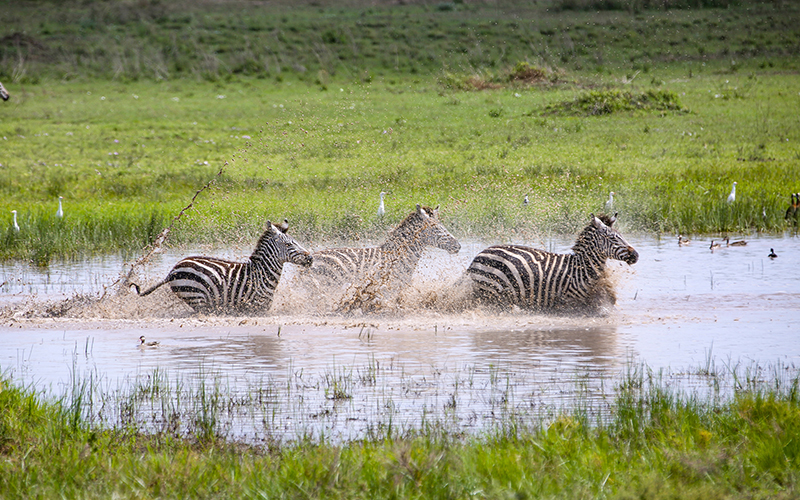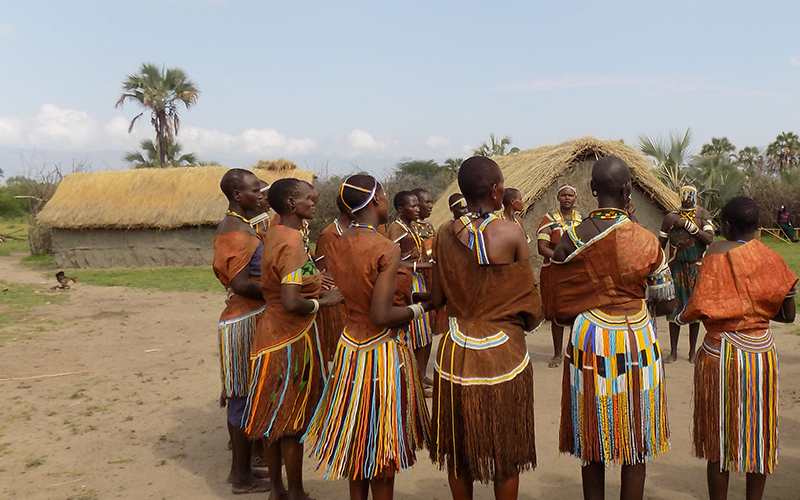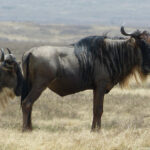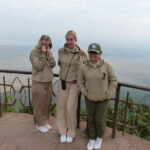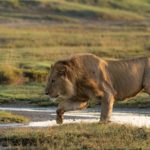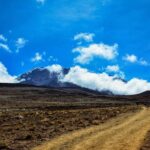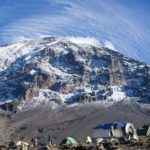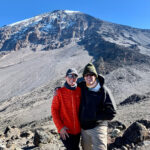What You Need to Know About Tanzania in 2024
Tanzania is one of Africa’s most breathtaking destinations, known for its rich wildlife, diverse landscapes, and vibrant culture. Whether you’re dreaming of witnessing the Great Migration in the Serengeti, standing in awe of Mount Kilimanjaro, or soaking up the sun on Zanzibar stunning beaches, Tanzania offers a wealth of experiences for every traveler.
In this guide, we’ll explore what you need to know about visiting Tanzania in 2024, from key travel tips to top destinations and frequently asked questions. Whether you’re a first-time visitor or returning for another adventure, this guide will help you plan your trip with ease.
1. Visa Requirements and Entry Information for Tanzania
Before packing your bags, it’s important to know the visa and entry requirements for Tanzania. Here’s what you need to be aware of:
- Visa Requirements: Most travelers will need a visa to enter Tanzania. You can either apply for a tourist visa upon arrival or use Tanzania’s eVisa system to apply online before your trip. The standard tourist visa is valid for 90 days.
- Documents Needed:
- A valid passport with at least 6 months of validity beyond your intended stay.
- A completed visa application form.
- Payment for the visa fee (usually around $50 to $100 depending on your nationality).
Pro Tip:
It’s always a good idea to apply for the visa online beforehand to avoid any delays at the airport. Also, keep in mind that you may need proof of a Yellow Fever vaccination if you’re coming from a country where Yellow Fever is prevalent.
2. Best Time to Visit Tanzania
Tanzania is a year-round destination, but your experience will vary depending on when you visit. The climate is divided into two main seasons: dry and wet.
- Dry Season (June to October): This is the most popular time for safaris, as wildlife congregates around water sources, making animals easier to spot. It’s also the best time to climb Mount Kilimanjaro or visit Zanzibar’s beaches.
- Wet Season (November to May): While the landscape is lush and green, heavy rains may disrupt your safari plans. However, the wet season is ideal for birdwatching and catching the Great Migration calving season in the Serengeti (January to February).
Key Tip:
For the best of both worlds, consider traveling during the shoulder months (June or November), when crowds are thinner but wildlife viewing is still excellent.
3. Top Destinations in Tanzania: Must-See Spots
Tanzania is a diverse country with a mix of wildlife, landscapes, and cultural hotspots. Here are the top destinations you shouldn’t miss:
- Serengeti National Park: Known worldwide for the Great Migration, Serengeti is Tanzania’s premier safari destination. This vast savannah is home to the Big Five (lion, elephant, buffalo, leopard, and rhino) and thousands of migrating wildebeest and zebras.
- Ngorongoro Crater: This UNESCO World Heritage Site is the world’s largest inactive volcanic caldera and offers one of the best opportunities to spot the Big Five in a relatively small area.
- Mount Kilimanjaro: Africa’s highest peak, Mount Kilimanjaro, attracts trekkers from all over the world. Whether you’re aiming for the summit or taking a scenic hike on the lower slopes, it’s a must for outdoor enthusiasts.
- Zanzibar Archipelago: If you need a break from safari adventures, head to the white-sand beaches of Zanzibar. Known for its rich Swahili culture, beautiful beaches, and spice plantations, Zanzibar is the perfect spot for relaxation or water sports.
- Lake Manyara National Park: Famous for its tree-climbing lions and large elephant herds, this park offers a unique safari experience, with a stunning view of the lake and surrounding escarpment.
- Selous Game Reserve (Nyerere National Park): For a more remote safari experience, Selous offers a tranquil alternative to the Serengeti, with opportunities for walking safaris, boat safaris, and fewer crowds.
4. Health and Safety: What You Need to Know
While Tanzania is generally safe for tourists, it’s essential to take some precautions, particularly regarding health:
- Vaccinations:
- Yellow Fever: A certificate of vaccination is required if you’re arriving from a Yellow Fever endemic country.
- Malaria: Tanzania is a malaria-risk country, so it’s recommended to take anti-malaria medication before and during your trip.
- Routine vaccinations such as Hepatitis A, Typhoid, and Tetanus are also advisable.
- Drinking Water: Always drink bottled or purified water to avoid waterborne diseases.
- Travel Insurance: It’s highly recommended to have comprehensive travel insurance that covers medical emergencies, particularly if you plan on trekking Mount Kilimanjaro or participating in adventure activities.
5. Culture and Local Etiquette in Tanzania
Tanzania’s rich culture is deeply rooted in its Swahili and tribal heritage, with more than 120 ethnic groups across the country. Understanding a few basics of Tanzanian culture can enhance your travel experience:
- Greetings: Tanzanians value politeness, so it’s common to greet people with “Jambo” (Hello) or “Habari” (How are you?) before diving into a conversation.
- Dress Code: In urban areas and in Zanzibar, it’s important to dress modestly, particularly when visiting religious sites like mosques. In more touristy beach areas like Nungwi or Paje, swimwear is acceptable on the beach, but covers up when in town.
- Tipping: Tipping is appreciated but not mandatory. It’s common to tip around 10% in restaurants, and you can also tip your safari guide or porters at hotels.
Pro Tip:
Learning a few words in Swahili, like “Asante” (Thank you) or “Karibu” (Welcome), can go a long way and is often appreciated by locals.
6. How to Get Around Tanzania
Tanzania is a large country, so understanding your transportation options is key for smooth travel:
- By Air: The fastest way to get between major cities and national parks is by flying. Several local airlines, like Precision Air and Air Tanzania, offer domestic flights.
- By Road: If you’re traveling between parks for a safari, you’ll likely be in a 4×4 vehicle. The roads can be rough, especially in rural areas, so be prepared for some bumpy rides.
- By Ferry: If you’re visiting Zanzibar from the mainland, you can either fly or take a ferry from Dar es Salaam. The ferry takes about 2 hours.
FAQs: Your Tanzania Travel Questions Answered
Q: Do I need a visa to visit Tanzania?
A: Yes, most nationalities require a visa to enter Tanzania. You can either apply online via the eVisa system or get a visa on arrival at the airport.
Q: Is Tanzania safe for tourists?
A: Yes, Tanzania is generally safe for tourists, especially in major tourist areas like national parks, Zanzibar, and Arusha. However, it’s always a good idea to stay aware of your surroundings, avoid walking alone at night, and keep valuables secure.
Q: What is the local currency, and can I use credit cards?
A: The local currency is the Tanzanian Shilling (TZS). While major hotels, restaurants, and tourist facilities accept credit cards, it’s recommended to carry cash, especially when visiting rural areas or smaller markets.
Q: What languages are spoken in Tanzania?
A: Swahili is the official language, but English is widely spoken in tourist areas and by those working in the tourism industry.
Q: What’s the tipping culture in Tanzania?
A: Tipping is not mandatory but is appreciated. In restaurants, a 10% tip is common, and you can tip safari guides, hotel staff, and porters based on the level of service provided.
Why Tanzania Should Be on Your 2024 Travel List
Tanzania is a country of stunning contrasts – from the vast plains of the Serengeti to the towering heights of Kilimanjaro, and from the historic streets of Stone Town to the tropical beaches of Zanzibar. Whether you’re an adventurer, a wildlife enthusiast, or someone seeking cultural immersion, Tanzania offers something truly special.
With this guide, you now have the essential information you need to plan your Tanzanian adventure in 2024. Pack your bags, grab your camera, and get ready for an unforgettable journey!

